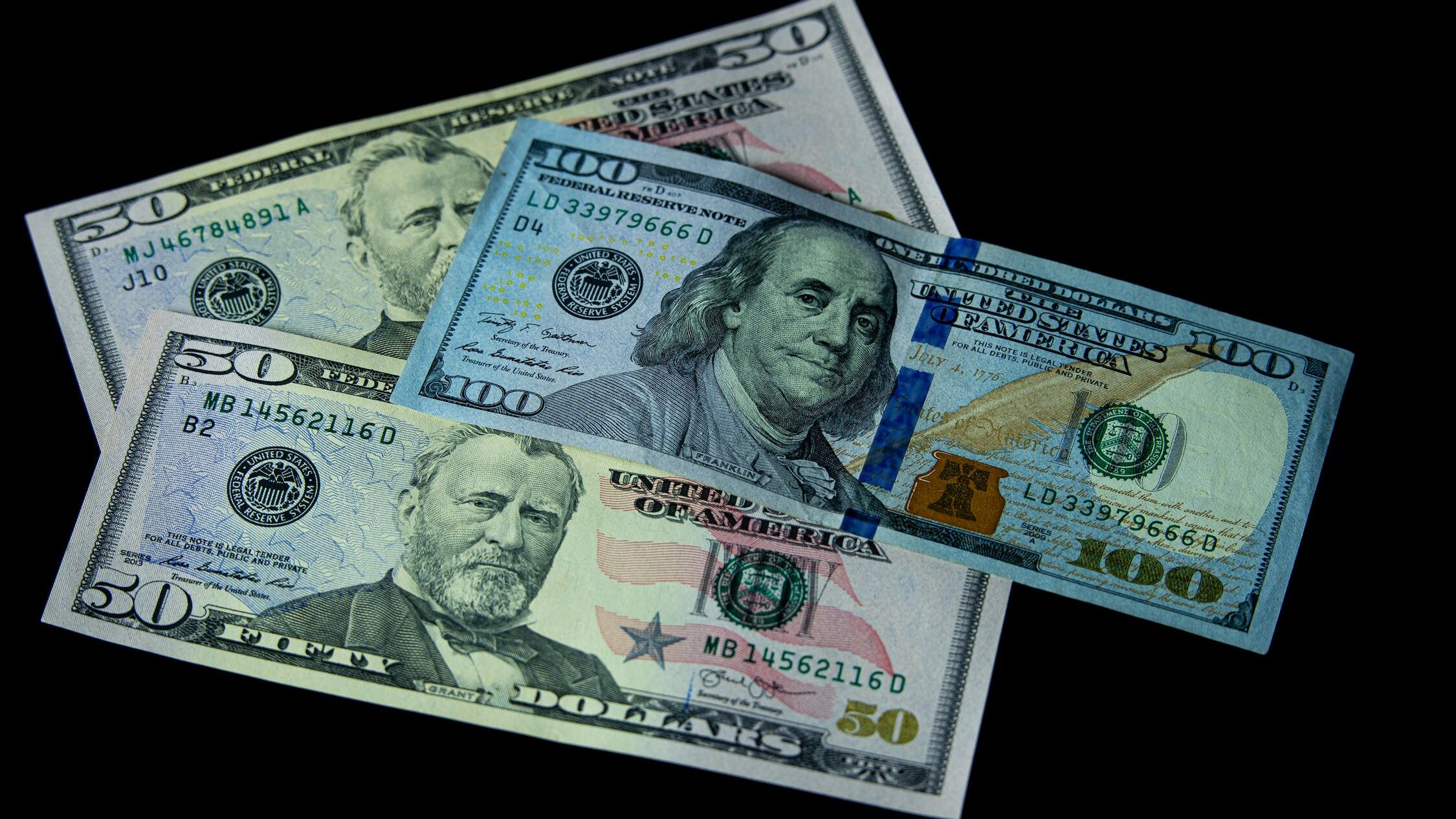
USD is the world reserve currency and the most powerful currency in the world. Recently there have been a lot of discussions and debates about the gone of USD dominance. What is going on here? Here is my take.
The Past
How did USD become the world reserve currency? I think it is important to learn some history first. A few hundred years ago, most of the major economies have their currencies pegged to gold. In 1944, at the end of WWII, to provide stability to the post-war world economy, the Breton Woods system established the USD as the world reserve currency and pegged it to gold, other nations had fixed but adjustable exchange rates to USD.
However in 1971 due to inflation pressures and other economic and geopolitical reasons, the United States suspended the dollar’s peg to gold (ending of the gold standard) and allow the dollar and the other currencies to freely trade against each other. Since then, the value of USD was determined by supply and demand. However, USD was still used by most international trades (eg. oil purchase) and remained the world reserve currency. When nations use USD to make international trades, the USD is usually to US financial system through the investment of USD treasury bonds.
The Present
Until today, the US is the most powerful country in the world and USD is still the world reserve currency. But why do people talk about de-dollarization now? One reason is in the last decade or so, through quantitative easing (QE), the US government has printed a lot of USD. This makes other nations nervous because more USD being circulated will dilute the value of the dollar. Another reason is in recent years, the US started to use the dollar as a weapon to sanction counties that they don’t like. So it can be risky to hold a lot of USD if the US doesn’t like you. We start to see news some emerging countries started to trade with their own currency or talk to Saudi to use non-USD to buy oil.
The Future
What will happen next? Will USD lose its dominance? As a retail investor, if we own a large portion of our portfolio in USD (as most of the popular funds are in USD), should we be worried? My answer is no, and here are my reasons: 1) De-dollarisation will be a very lengthy process (will take decades), especially since there isn’t any close competitor at the moment (Chinese Yuan is a controlled currency, Euro and Japanese Yen have their own set of problems and does any country want to use Indian Rupee or Russian Ruble to trade?). 2) The value of investment, in the long run, is mostly driven by underlying business value, and not the currency it is traded in.
Some experts recommend reducing exposure to USD investment and starting to buy physical gold. In my opinion, one is better off sticking to his/her current investment stately, having a diversified portfolio, staying invested, and not too much worry about the future of USD, as no one knows what will happen.
美元是世界储备货币,也是世界上最强大的货币。最近有很多关于美元主导地位消失的讨论和辩论。究竟在发生什么?以下我的看法。
过去
美元是如何成为世界储备货币的?我认为首先了解一些历史很重要。几百年前,大多数主要经济体的货币都与黄金挂钩。 1944年,二战末期,为稳定战后世界经济,布雷顿森林体系确立美元为世界储备货币并与黄金挂钩,其他国家对美元实行固定但可调整的汇率。
但1971年由于通胀压力已经经济和地缘政治原因,美国暂停美元与黄金挂钩(结束金本位制),允许美元与其他货币自由交易。从那以后,美元的价值由供求关系决定。然而,美元仍然被大多数国际贸易(例如石油采购)使用,并仍然是世界储备货币。当各国使用美元进行国际贸易时,美元通常通过投资美元国债回归美国金融体系。
现在
直到今天,美国仍然是世界上最强大的国家,美元仍然是世界储备货币。但为什么人们现在谈论去美元化?一个原因是在过去十年左右的时间里,美国政府通过量化宽松(QE)印制了大量美元。这让其他国家感到紧张,因为更多的美元流通会稀释美元的价值。另一个原因是近年来,美国开始使用美元作为武器来制裁他们不喜欢的国家。因此,如果美国不喜欢你,持有大量美元可能会有风险。我们开始看到一些新兴国家开始使用本国货币进行贸易,或者与沙特阿拉伯商谈使用非美元购买石油的消息。
未来
接下来会发生什么?美元会失去主导地位吗?作为散户投资者,如果我们的投资组合中有很大一部分是美元(因为大多数受欢迎的基金都是用美元的),我们应该担心吗?我的看法是不需要的,以下是我的理由: 1) 去美元化将是一个非常漫长的过程(需要几十年),尤其是目前没有任何接近的竞争对手(人民币是受管制的货币,欧元和日元有其自身的一系列问题,是否有任何国家希望使用印度卢比或俄罗斯卢布进行交易?)。 2) 从长远来看,投资价值主要是由投资下的商业价值驱动的,而不是它所交易的货币。
一些专家建议减少对美元的投资,并开始积累黄金。在我看来,一个人最好还是稳稳地坚持他/她目前的投资,拥有多元化的投资组合,继续保持投资状态,不要太担心美元的未来,因为没有人知道会发生什么。
#USDdominance
For other topics on financial intelligence, you can find it here https://nickandmoney.com/category/fi/
Follow me on Twitter: https://twitter.com/nickandmoney
nick and money – improve your finances and wellbeing